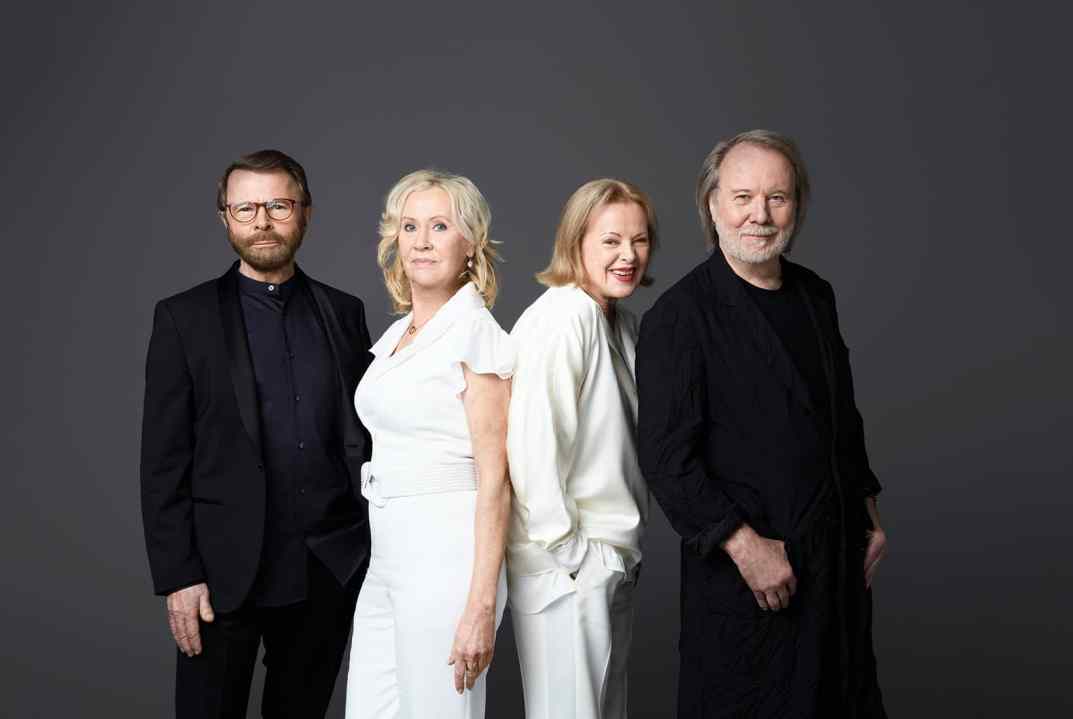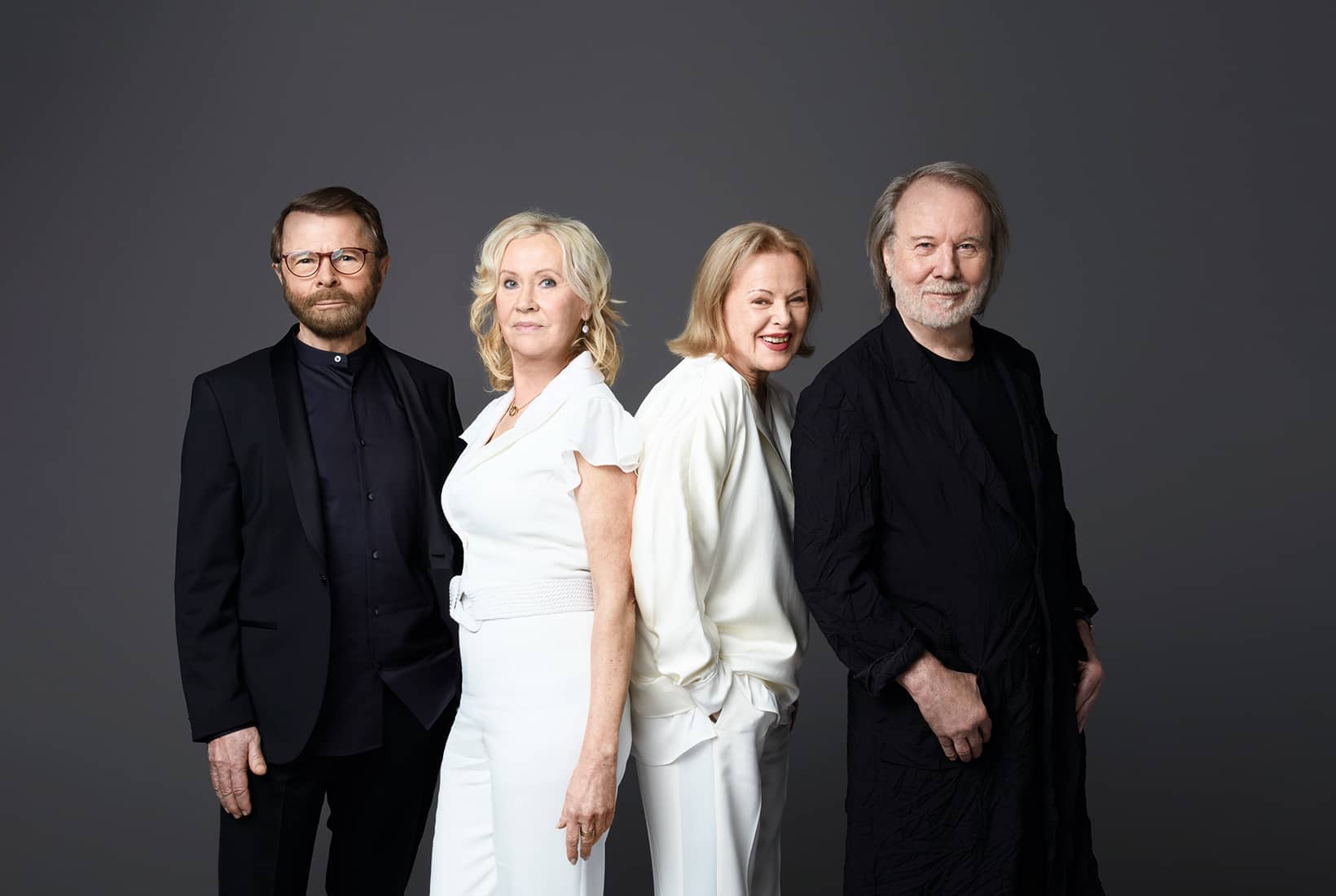I assume that somewhere on the guided ‘Piers and Queers’ walking tour of Brighton, the participants are enjoined to regard, in awe, the Dome — the venue at which Abba, on 6 April 1974, won the Eurovision Song Contest, thus both launching themselves as a wildly successful band and establishing the town (as it was then) as a mecca (probably the wrong choice of word there) for the UK’s swiftly growing gay community. Hitherto it had been a rather frowsy, Tory-voting seaside resort, best known for dirty weekends and petty villains. The Swedes won with ‘Waterloo’, of course, which may have provided our nation with some much-needed succour. A remembrance of good things past. We were the sick man of Europe, with a minority government, an inflation rate of 16 per cent, seemingly everybody on strike and with recent baleful memories of eating our tea by candlelight. Abba, meanwhile, were a shock to the Eurovision system, which was wholly unused to a perky, competent boogie containing an elongated historical metaphor, and the song is often regarded as the best-ever winner of that incalculably inane competition. People often complain that there are no good songs on Eurovision these days, which is to forget the point that there never, ever were. In truth, the music was probably even worse in the 1960s and 1970s: you would have to search long and hard to find a song as witless and vapid as ‘All Kinds of Everything’, which won the thing for Dana in 1970, for example. No British artist who cared about his cred would go anywhere near the thing, so it was left to the naffest of the naff — the Saturday night conservative MOR crowd of Cliff, Olivia Neutron Bomb and Lulu (remember ‘Boom Bang-A-Bang’? Gawd help us). And because the contest was, as I’ve mentioned, staggeringly inane, we usually did okay. ‘Boom Bang-A-Bang’ actually won in a tie with three similarly emetic ditties.
Trust me, post-boomers: back in the 1970s we did not think of Abba as geniuses beyond compare
Abba prospered beyond anyone’s wildest imagination. Gurning side-burned Bjorn and Benny, plus Agnetha and the other one — the one who wasn’t blonde — all in costumes which even then looked kinda de trop. Their key was succinct, nursery-school melodies, usually with three hooks per song, clever production that veered sometimes near the dangerous territory of rock, and later disco, and always contained a certain fashionable bombast of overstatement for effect. Plus a certain facility for an original, even witty, lyric. They were sometimes truly awful, even by mid-1970s standards — remember ‘Bang-A-Boomerang’ or ‘I Do, I Do, I Do, I Do, I Do’ anyone? But on occasion they could hit the spot, as with ‘SOS’, perhaps their finest single, and of course ‘Dancing Queen’, both songs that I pretended to disdain back then but secretly enjoyed very much. They redefined that diabolic genre, Europop — made it sharper, more knowing, more modern. Their tunes were almost always predictable and simplistic: from the first bar you could guess exactly what was going to happen next. That is one guaranteed successful ploy for writing a hit single: people love the familiar.
They are back, with great fanfare and a new album, Voyage. Time, with its knack for revisionism, has been very kind to them. Trust me, post-boomers: back in the 1970s we did not think of Abba as the new Beatles, geniuses beyond compare. We thought of them as rather funny (and not unpleasant) purveyors of, largely, schlock. Their rehabilitation has been largely down to the folks who didn’t hear them first time around and who find in their music a cheerful abandon and escapism. Plus, of course, their songs are very easy to remember — sometimes even if you haven’t heard them. Their departure from the scene — the 1980s, with its synths and even more bombast, did for them — has perhaps also aided the false memory syndrome that they were bloody marvellous. Still, 25 top 40 hits of which 19 made the top ten with nine reaching number one is a reasonable counterblast to my churlishness.
The new album is a bit of a dog, to be honest. What they seem to have lost is the talent for cramming three hooks into a single, short song: they manage this on not a single occasion on Voyage. This resurrected Abba is not the old Abba of ‘Mamma Mia’ and ‘Dancing Queen’, both of which lodged themselves in your head and were very difficult to expunge. It is instead rather more the portentous old Abba of ‘The Winner Takes It All’ and the ghastly ‘Thank You For The Music’, piano driven ballads buttressed by plenty of strings, none more toe-curling than the closing number ‘Ode To Freedom’, which is every bit as annoying as the title suggests. Here and there are agreeable reminders of mid-period Abba, such as the chugging rhythm of ‘Don’t Shut Me Down’ and the cheerful faux-boogie of ‘Just A Notion’, probably the best song on the album. Somewhat bizarrely, ‘When You Danced With Me’ brings to mind those old Scot-rockers Big Country — that would be on account of the synthetic bagpipes, I suppose. On ‘Bumble Bee’, Agnetha — or the other one, the one who isn’t blonde — admits that she is unable to explain how a bumble bee achieves flight (it’s the speed of the wings, love). ‘Little Things’ wanders deeply into Dana-esque territory as Anni-Frid (yes! That’s her name! I knew I knew it!) recites a list of things she likes, such as children playing with toys. Meanwhile, ‘I Can Be That Woman’ seems to be about a dog. And that, give or take, is your lot. I listened to it twice the night before writing this and not a single song has stuck in my head. Maybe that’s just me.
Now, if we’re to continue disinterring the 1970s, how about Toast Toppers, the Cortina GXL and doctors making home visits? Oh, and the Symbionese Liberation Army. They were a laugh, for a while.
Voyage is out now on Universal Music Group.








Comments